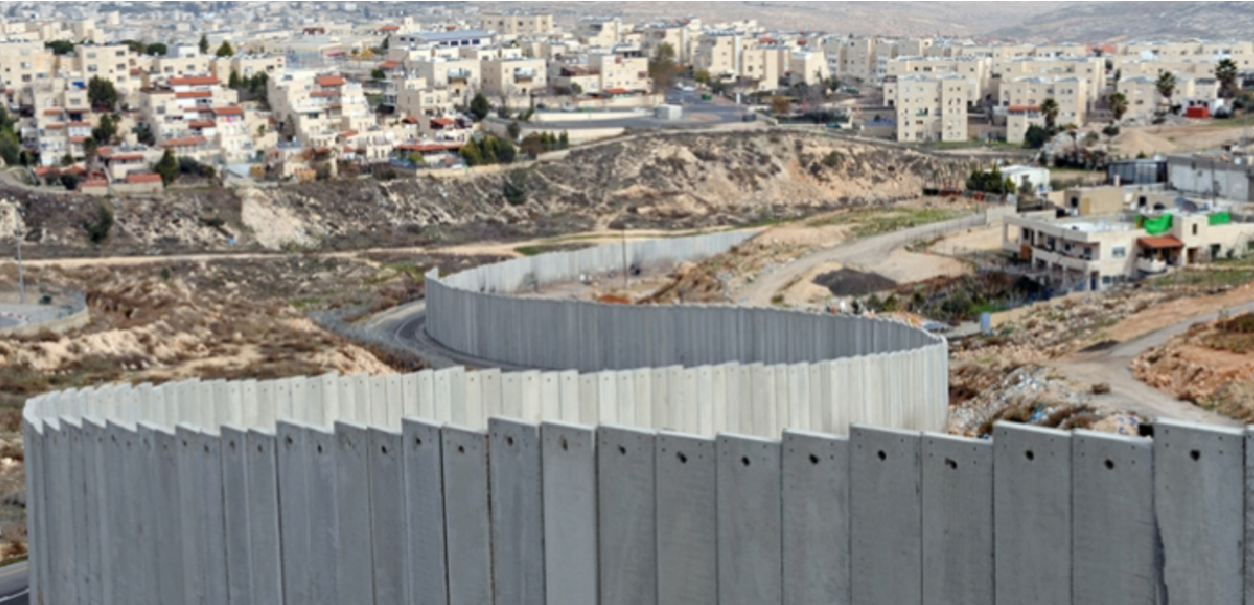
This exhibit examines the plight of the Palestinian people, focusing on the wall built in the Occupied Palestinian Territory. It explores this through the words of advocates and public personalities, and through images from artists and human rights activists who have used the wall as a canvas to express their solidarity with the Palestinian people.
While international law, including the UN Charter, strictly prohibits the acquisition of territory by force, Israel, the occupying Power, has systematically engaged in unlawful activities that amount to the de facto annexation of Palestinian land and severely impeded the exercise by the Palestinian people of their inalienable right to self-determination and independence in their homeland for decades.
The present day has witnessed a dramatic escalation of annexationist threats and policies, alarming the international community and intensifying calls for action and accountability to stop such grave violations of international law, to bring an end to this foreign occupation, and to assist the Palestinian people to realize their right to self-determination.
The organizer of this exhibit is the UN Committee on the Exercise of the Inalienable Rights of the Palestinian People in cooperation with the Permanent Observer Mission of the State of Palestine to the UN, and its implementers the UN Division for Palestinian Rights, the UN Department of Global Communications Special Information Programme on Palestine, and the Permanent Observer Mission of the State of Palestine to the UN.
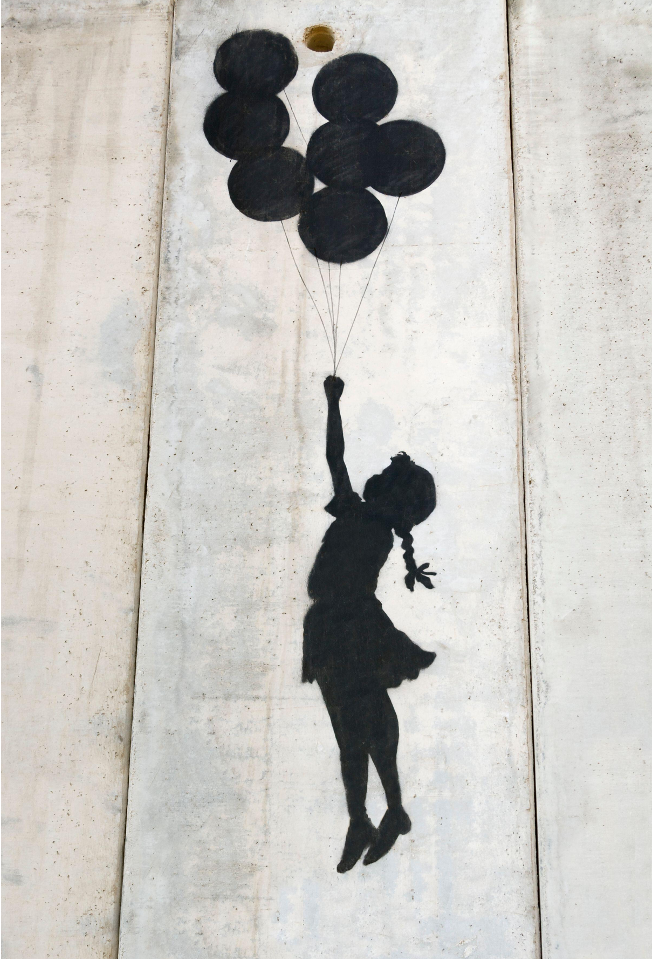
Photo/Nick Fielding - Artist/Banksy
Israel's threat to annex parts of the occupied West Bank has alarmed Palestinians, many Israelis and the broader international community. If implemented, annexation would constitute a most serious violation of international law, grievously harm the prospect of a two-State solution and undercut the possibilities of a renewal of negotiations. I call on the Israeli Government to abandon its annexation plans[…] I will continue to consistently speak out against any unilateral steps that would undermine peace and the chances for resolving the Israeli-Palestinian conflict through meaningful negotiations.
António Guterres, UN Secretary-General, Briefing to the
UN Security Council, 24 June 2020
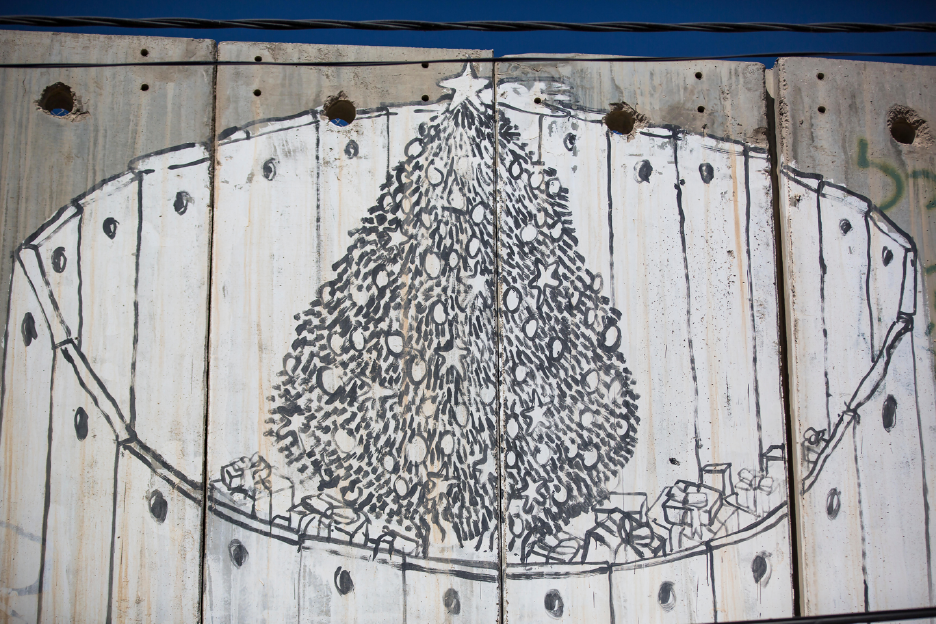
Photo/Zhanna Tretiakova
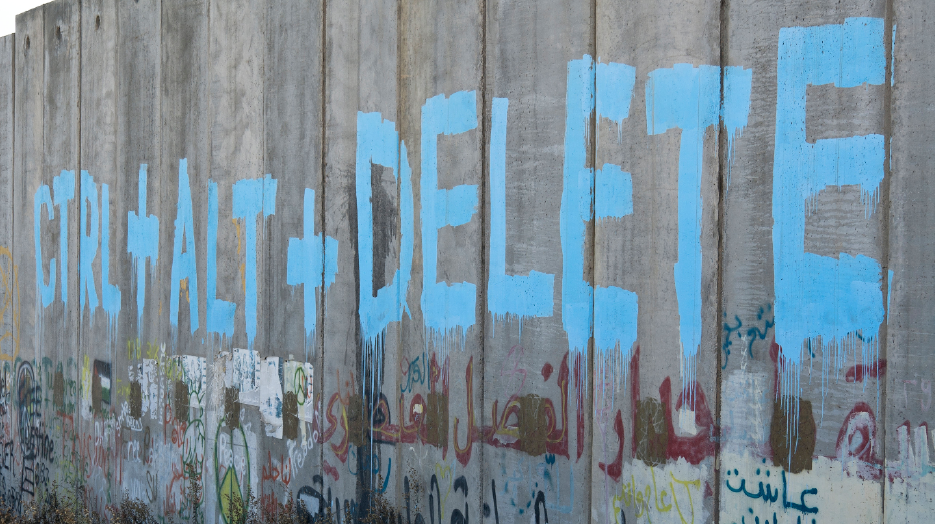
Photo/Steve Whyte
If the joint mapping of Palestinian lands to be seized by the Israeli government continues, the standing of the United States in the international community will be further damaged. The West Bank belongs to Palestine, and any changes should be mutually agreed upon.
Jimmy Carter, Former President of the United States of America, Elder Emeritus, 11 May 2020
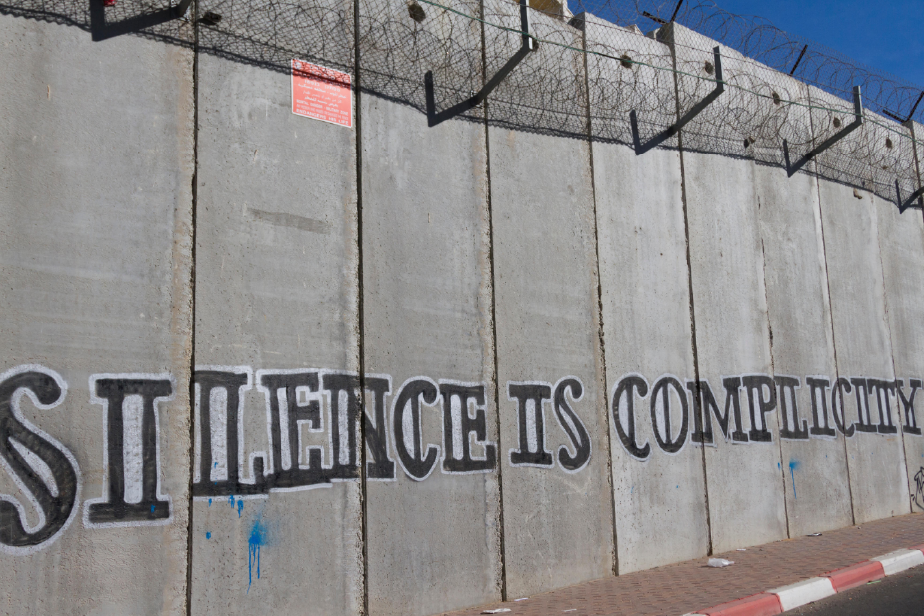
Photo/Dominika Zarzycka
All this is often referred to as ‘the status quo’. Yet there is nothing static about this reality. It is a calculated and deliberate process of slowly splitting up an entire people, fragmenting their land, and disrupting their lives: separating Gaza from the West Bank, breaking up the West Bank into small enclaves, and walling off East Jerusalem from the rest of the West Bank. Eventually, what remains are isolated bits, the easier to oppress: a family slated for "eviction" in the East Jerusalem neighborhood of Silwan; a community such as ‘Urif, south of Nablus, trying against all odds to hold on to its land and farm it in the face of Israel's long arm of unchecked settler violence[...] essentially large Bantustans, slowly but surely being hemmed in by ever more new or expanding Israeli settlements.
Hagai el Ad, Executive Director of B’tselem, Israeli human rights organization, intervention at the UN Security Council,
18 October 2018
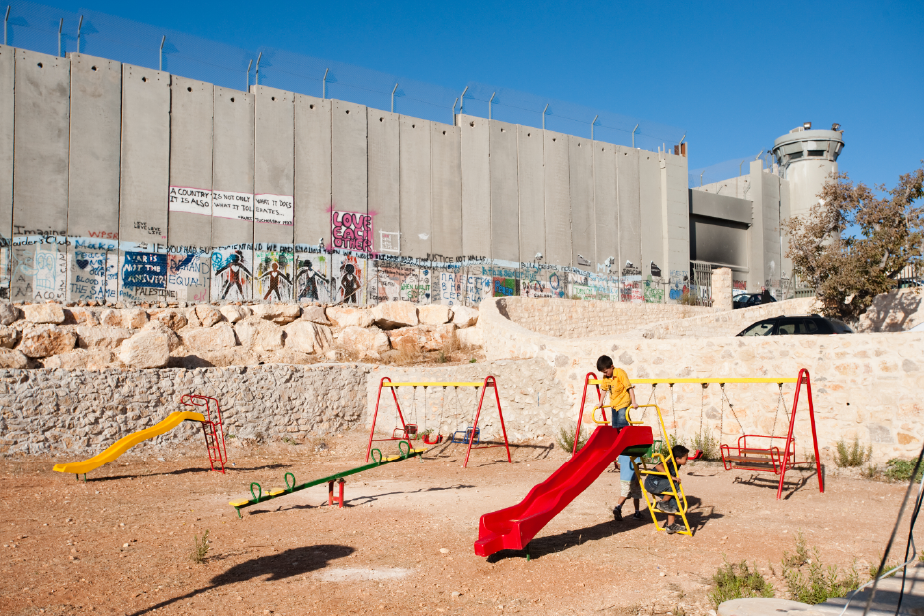
Photo/Ryan Rodrick Beiler
International law is a fundamental pillar of the international rules-based order. In this respect, the EU and its Member States recall that they will not recognize any changes to the 1967 borders unless agreed by Israelis and Palestinians. The two-state solution, with Jerusalem as the future capital for both States, is the only way to ensure sustainable peace and stability in the region.
Josep Borrell, European Union High Representative for Foreign Affairs and Security Policy/Vice President of the European Commission, Statement, 18 May 2020
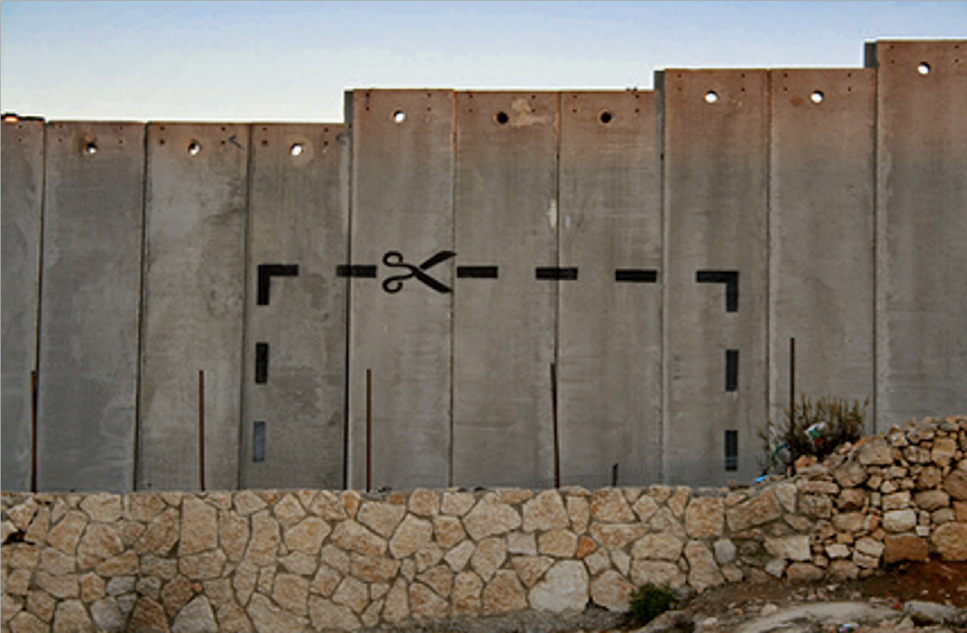
Photo from Mondoweiss
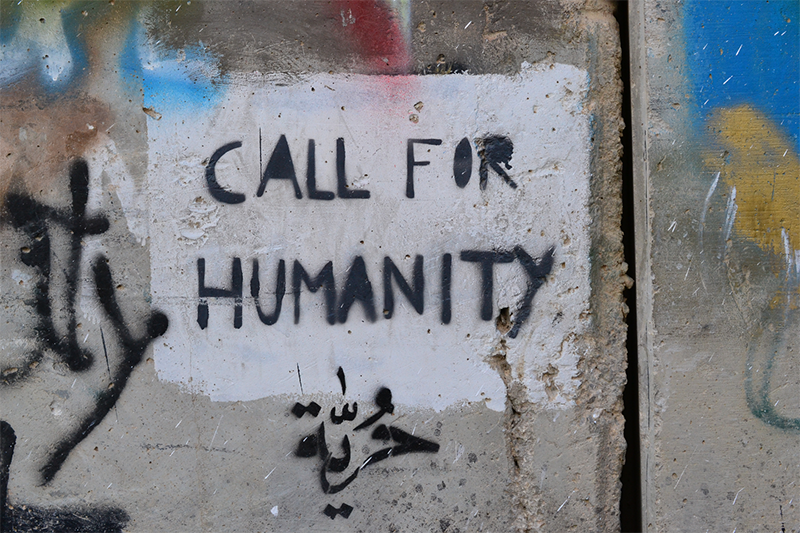
Photo/Graceenee
Needless to say, unilateral annexation will lead to escalating crises in Palestine, Jordan, and the entire region, and runs the risk of turning Israel into an apartheid state. We firmly believe that now is the time for action from the international community to prevent Israel from proceeding with annexation, which will doom generations to come to more oppression, injustice and violence.
Group of Israeli academics, members of parliament, and former diplomats, in a letter to the Irish Times, 7 May 2020
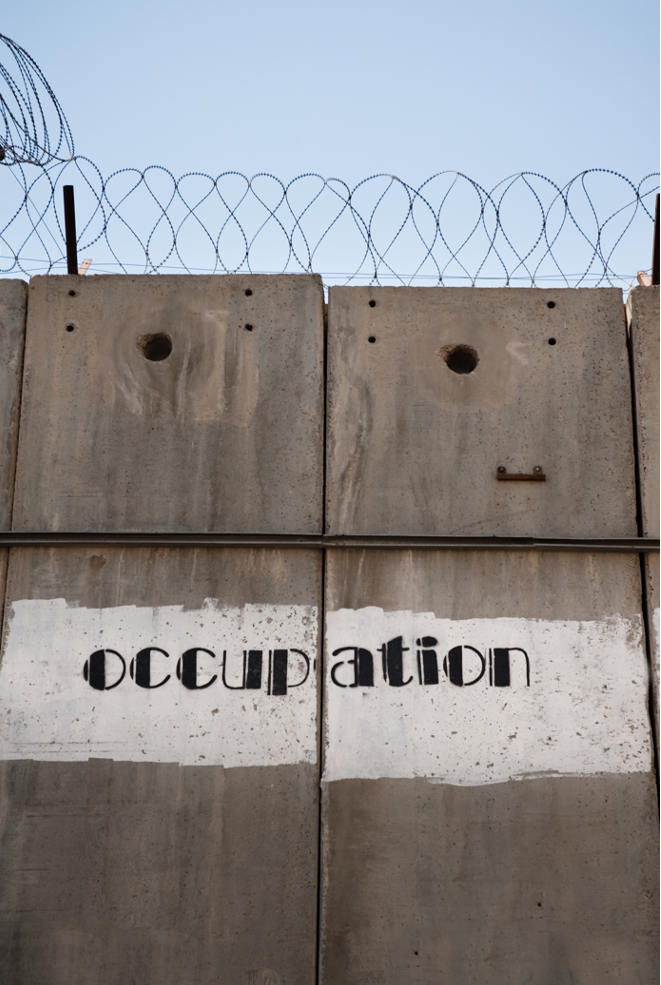
Photo/Ryan Rodrick Beiler
Israel's practices in the occupied Palestinian territory, especially settlement and its associated regime, violate international law and Palestinians’ inalienable sovereign rights[...] The international community is under a legal obligation to end Israel's occupation and hold Israelis who allegedly committed serious international crimes accountable. The inaction of the international community, and in many instances its support to Israel, has encouraged Israel, the occupying power, to go further with its violations, ignore its legal obligations under international law and act as a state that is above the law.
International Federation for Human Rights (FIDH), Statement on the 50th Anniversary of Israel's Military Occupation of Palestine,
5 June 2017
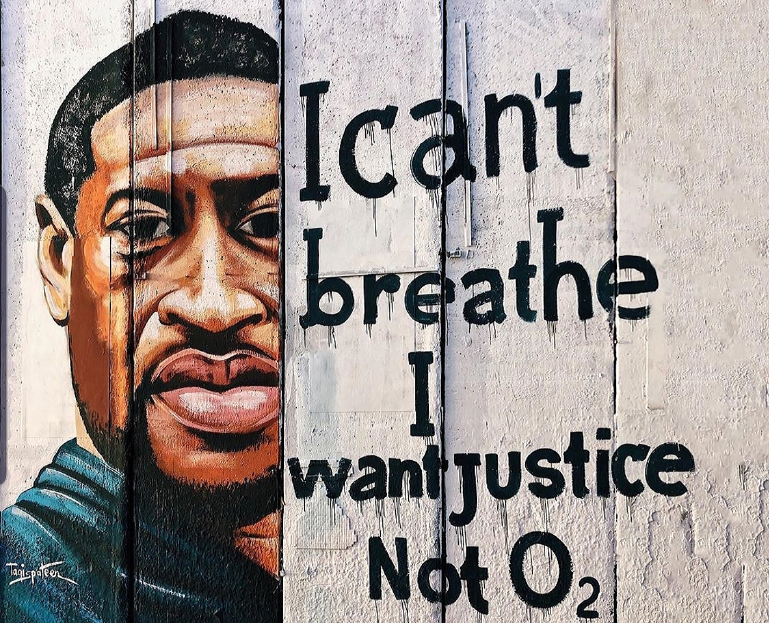
Photographer & Artist/Taqi Spateen
Under these conditions, annexation of Palestinian territories will cement into place an anti-democratic system of separate and unequal law and systemic discrimination against the Palestinian population. Such discrimination on the basis of racial, ethnic, religious, or national background is defined as “conditions of apartheid” and a "crime against humanity" according to the International Convention on Suppression and Punishment of the Crime of Apartheid (ICSPCA, article 2, 1973) and also by the Rome Statute of the International Criminal Court (ICC, Article 7[1j] and the Introduction to Article 7 [2h], 1998).
Over 500 Jewish and Israel studies scholars across North America, Europe and Israel, in an open letter, 16 June 2020
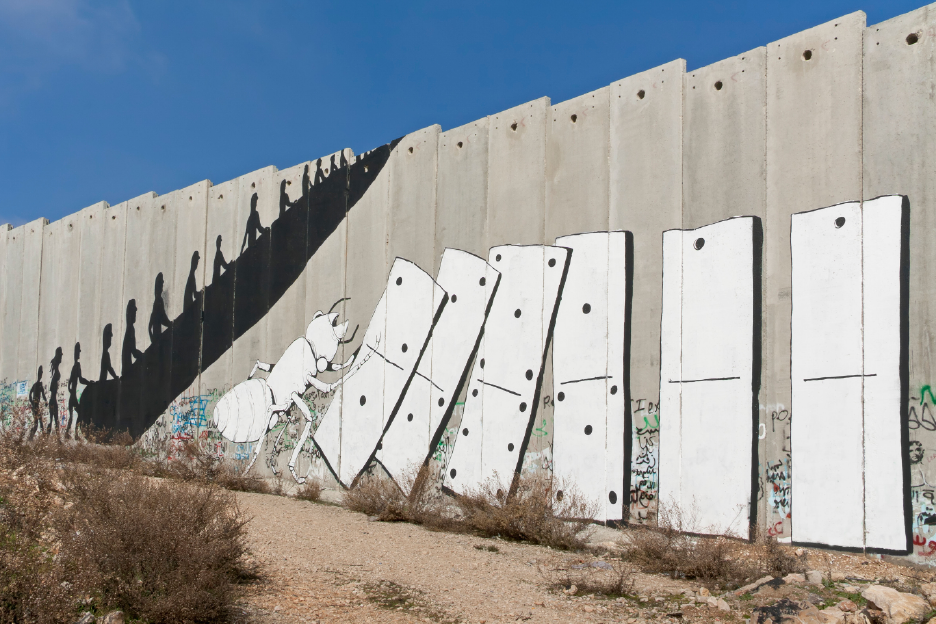
Photo/Nick Fielding
Everybody has to move, run and grab as many [Palestinian] hilltops as they can to enlarge the settlements because everything we take now will stay ours[...] Everything we don't grab will go to them.
Ariel Sharon, in his former role as Foreign Minister of Israel, in comments broadcast on Israeli radio, Agence France Presse,
15 November 1998
Statements reaffirming support for the two-State solution based on the pre-1967 borders and opposing Israeli annexation have poured in from almost all countries, the Middle East Quartet, as well as representatives of the US Congress. As welcome as they are, statements are not enough and the time for action is long overdue. The expansion of Israel's control over the Palestinian Territory, including East Jerusalem, is eroding, literally, the possibility of achieving the two-State solution.
Ambassador Cheikh Niang, Chair of the Committee on the Exercise of the Inalienable Rights of the Palestinian People, Statement to the UN Security Council, 23 April 2020
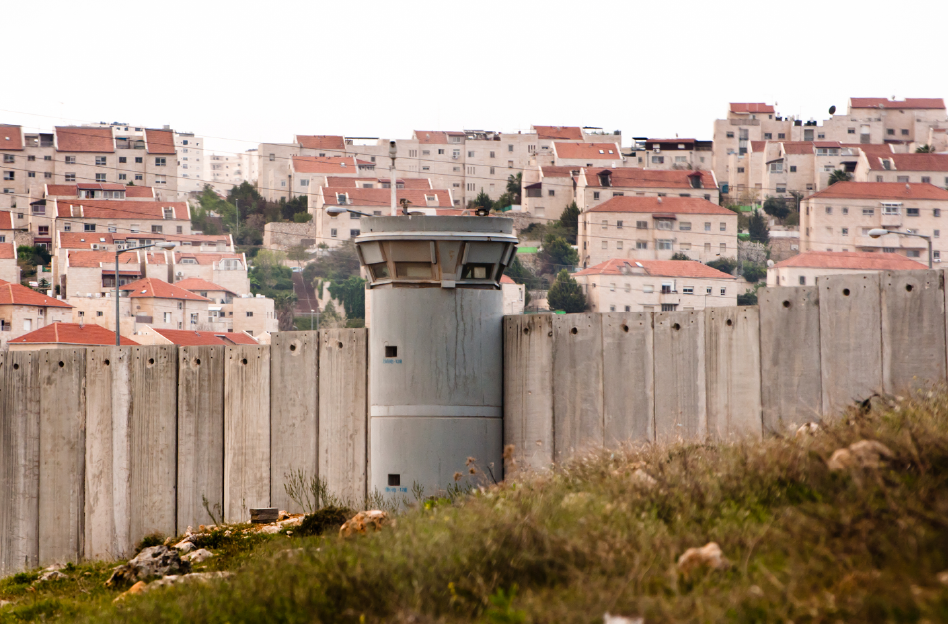
Photo/Ryan Rodrick Beiler
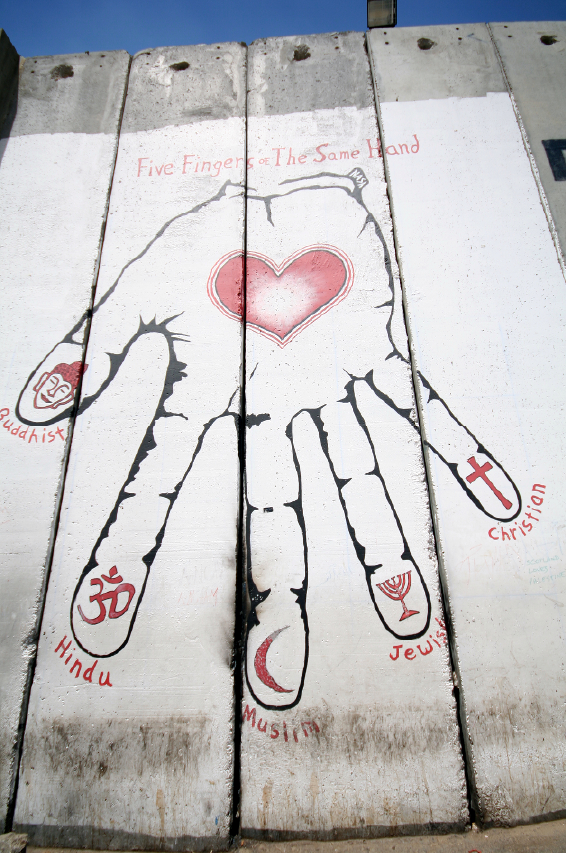
Photo/Matej Hudovernik
If Israel's annexation plans proceed, what would be left of the West Bank would become a Palestinian Bantustan[...] The plan would crystalize 21st century apartheid[...] Legally, morally, politically, this is entirely unacceptable[...] The looming annexation is a political litmus test for the international community. This annexation will not be reversed through rebukes, nor will the 53-year-old occupation die of old age[...] There has to be a cost to the defiance of international law. Only this can compel the Israeli political leadership to do the right thing.
Michael Lynk, UN Special Rapporteur on the situation of
human rights in the Palestinian Territory occupied since 1967, Statement, 1 May 2020
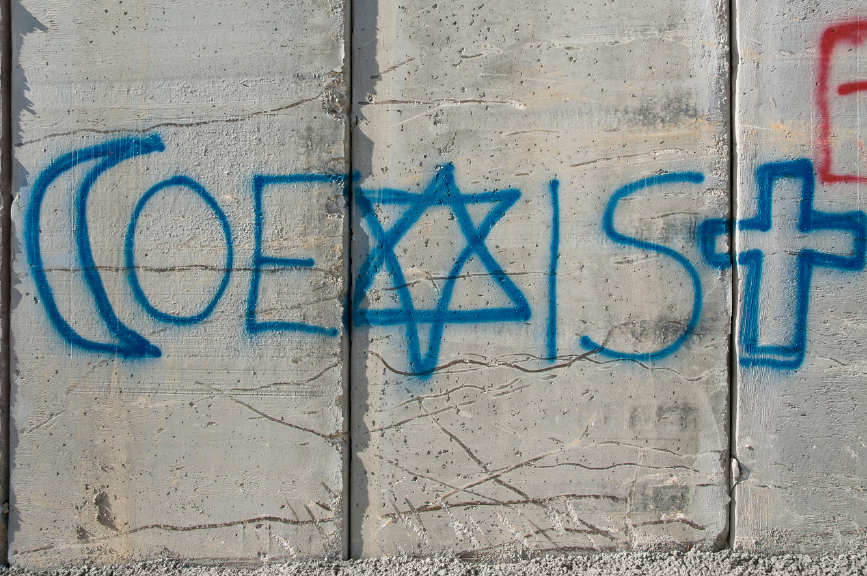
Photo/Nick Fielding
The conflict between Israel and the Palestinians can only ever be solved by finding a solution that guarantees peace, security, rights and dignity to both peoples. Unilaterally seizing territory and ignoring international law achieves precisely the opposite.
Mary Robinson, Former President of Ireland, former UN High Commissioner for Human Rights, Chair of the Elders,
11 May 2020
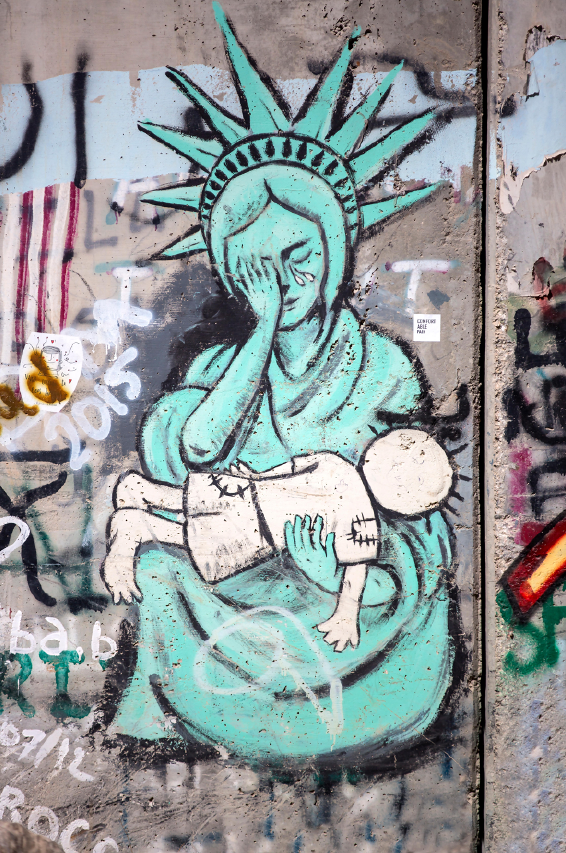
Photo/Zhanna Tretiakova
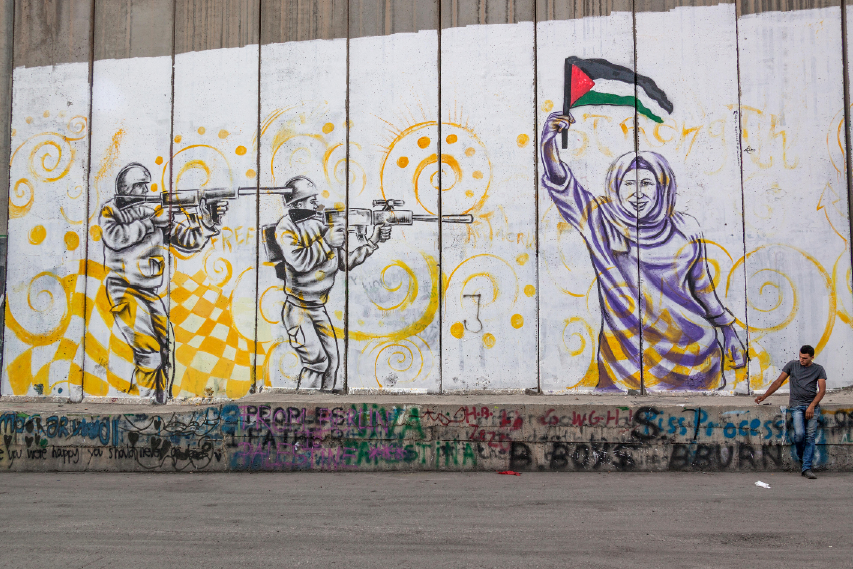
Photo/Photobyte
Amidst the current global health pandemic and financial crisis, we urge all parties involved in the formation of a new government not to create an additional crisis by agreeing to move forward with unilateral annexation, the effects of which could yield additional catastrophic consequences for all parties in the region and beyond.
11 members of US Congress, letter, 8 April 2020: Rep. David Price (NC-4), Rep. Alan Lowenthal (CA-47), Rep. Jan Schakowsky (IL-9), Rep. Gerald Connolly (VA-11), Rep. Peter Welch (VT), Rep. John Yarmuth (KY-3), Rep. Barbara Lee (CA-13), Rep. Andy Levin (MI-9), Rep. Earl Blumenauer (OR-3), Rep. Deb Haaland (NM-1), and Lloyd Doggett (TX-35), in a statement issued following reports of a new coalition government in Israel which agreed to move forward with unilateral annexation of West Bank territory
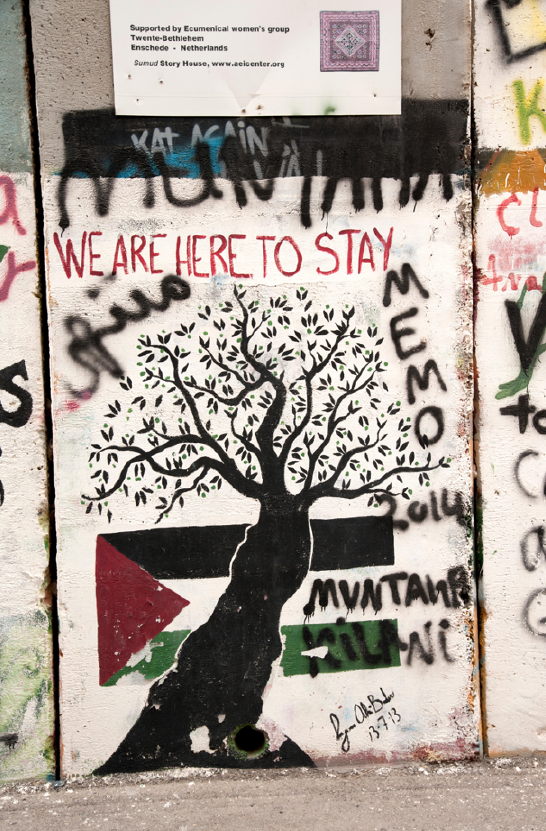
Photo/Roy Milani
The objectives today are not different from those set by the Zionist movement very early on, when it had appeared in Palestine: to have as much of Palestine as possible with as few Palestinians in it as possible. The tactics keep changing. In 1948 it was achieved through ethnic cleansing; up to 1967 by imposing military rule on the Palestinian minority in Israel; after 1967 by incarcerating the Palestinians in the West Bank and the Gaza Strip in a huge mega-prison[...] These goals have not been completed because of Palestinian steadfastness and struggle, and hence they will continue to be the tactics in the 21st century.
Illan Pappe, Israeli historian, interview, 5 July 2013
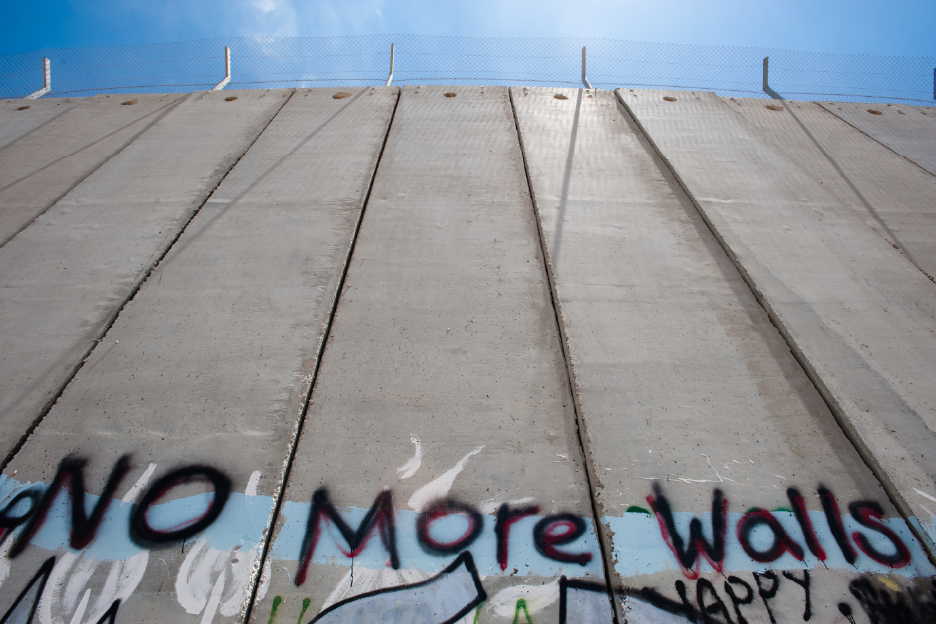
Photo/Ryan Rodrick Beiler
The United Nations has stated on many occasions that the 53-year-old Israeli occupation is the source of profound human rights violations against the Palestinian people[...] These human rights violations would only intensify after annexation. What would be left of the West Bank would be a Palestinian Bantustan, islands of disconnected land completely surrounded by Israel and with no territorial connection to the outside world[...] Thus, the morning after annexation would be the crystallisation of an already unjust reality: two peoples living in the same space, ruled by the same state, but with profoundly unequal rights. This is a vision of a 21st century apartheid.
47 United Nations independent Special Procedures mandate holders, in a statement issued on 16 June 2020
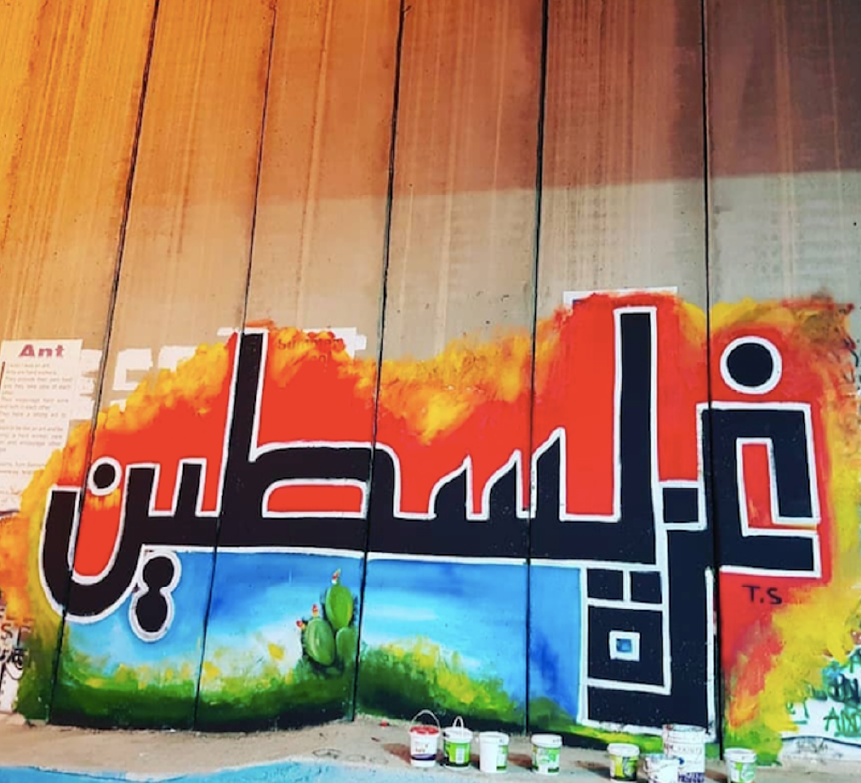
Photographer & Artist/Taqi Spateen
After the formation of a large army in the wake of the establishment of the state, we will abolish partition and expand to the whole of Palestine.
David Ben Gurion, who later became first Prime Minister of Israel, to the Zionist Executive, summer of 1937
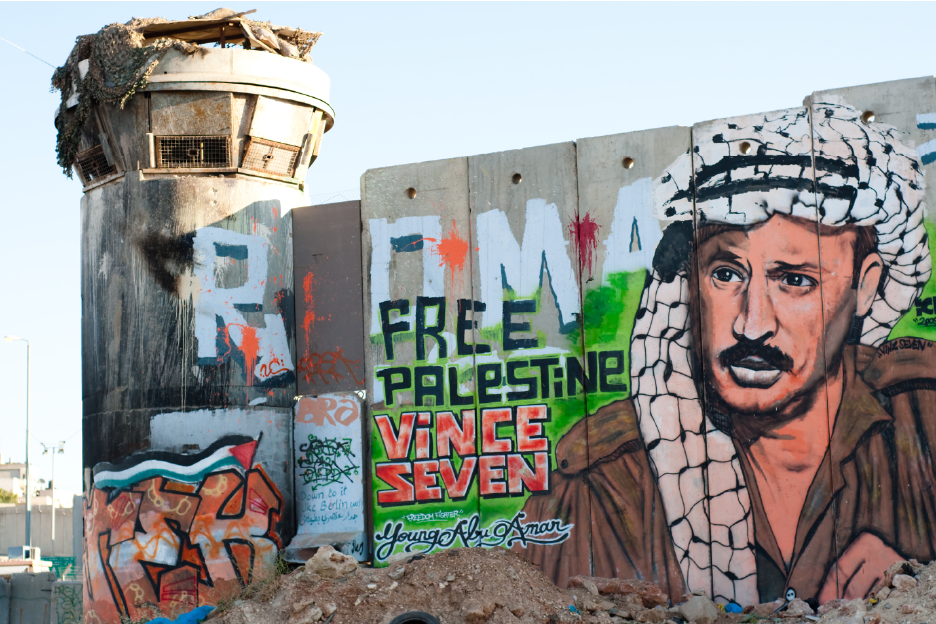
Photo/Ryan Rodrick Beiler
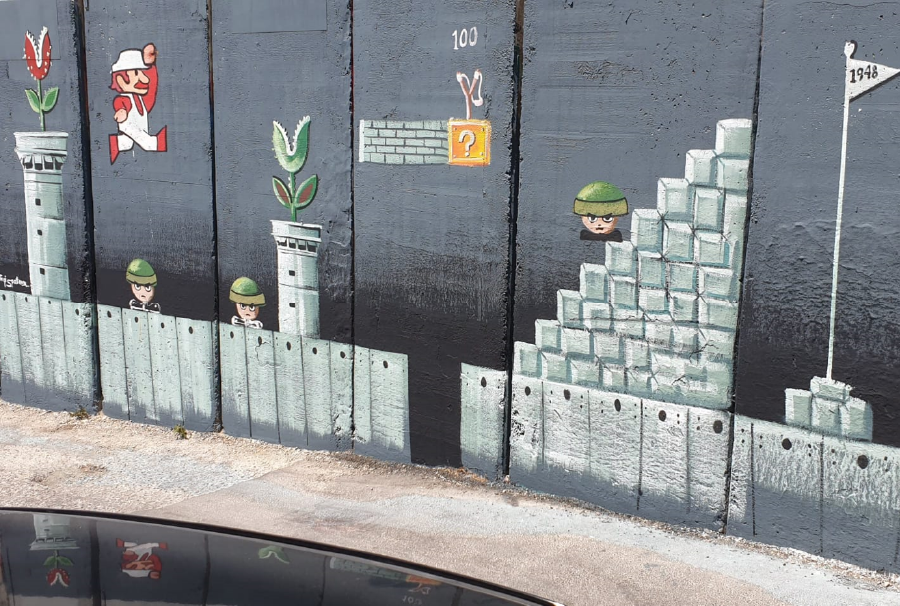
Photographer & Artist/Taqi Spateen

Photographer & Artist/Taqi Spateen
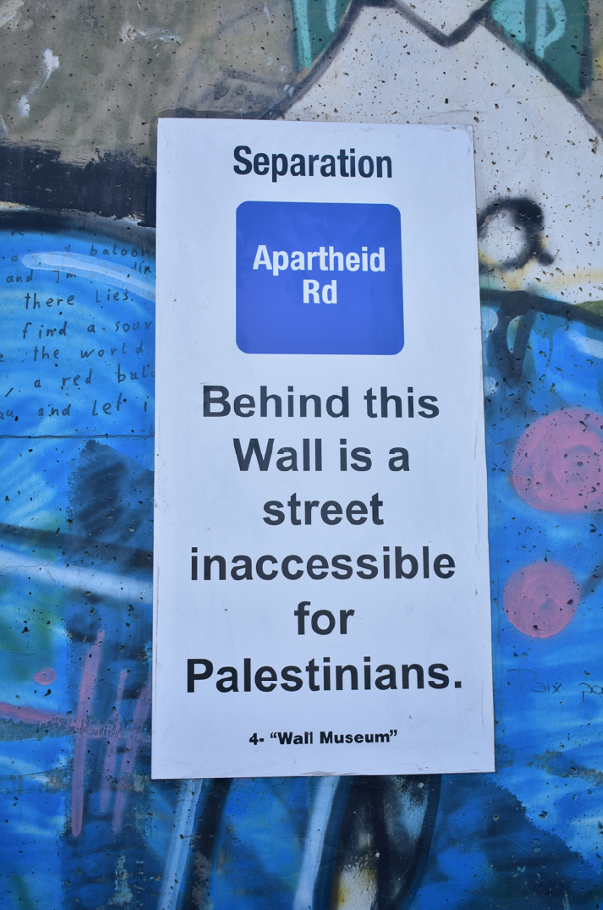
Photo/Andrew Baumert
The continuing threat of annexation by Israel of parts of the West Bank would constitute a most serious violation of international law, deal a devastating blow to the two-State solution[...] The fate of the Palestinian and Israeli people must not be determined by destructive unilateral actions that cement divisions and may put peace beyond our reach in our lifetime.
Nikolay Mladenov, Special Representative of the Secretary-General and UN Special Coordinator for the Middle East Peace Process, Briefing to the UN Security Council, 20 May 2020
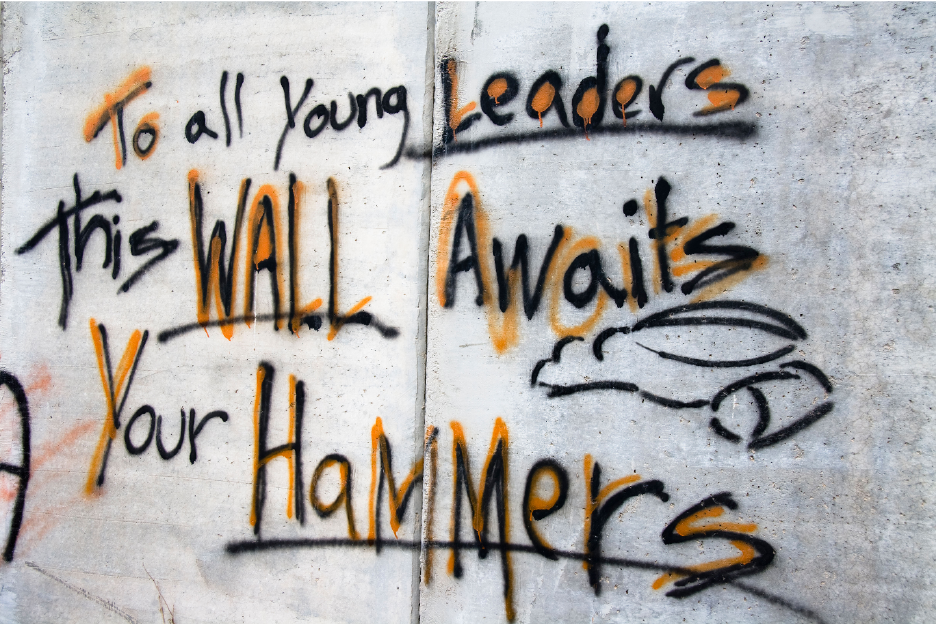
Photo/Steve Whyte
Amnesty International is calling on the international community to reject annexation proposals, which violate international law, and reiterate the illegality of Israeli settlements in occupied territory. Such proposals will not change the legal obligations of Israel, as the occupying power, under international humanitarian law and international human rights law, nor deprive Palestinians of protections guaranteed under these legal frameworks.
Amnesty International, 28 January 2020
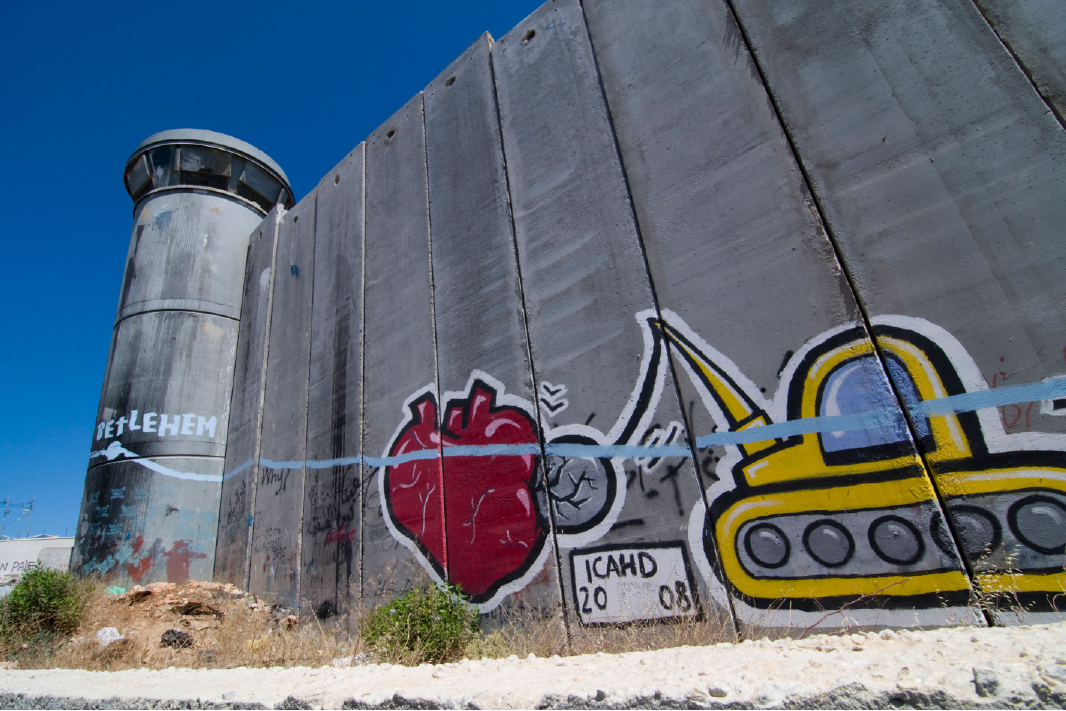
Photo/Ryan Rodrick Beiler
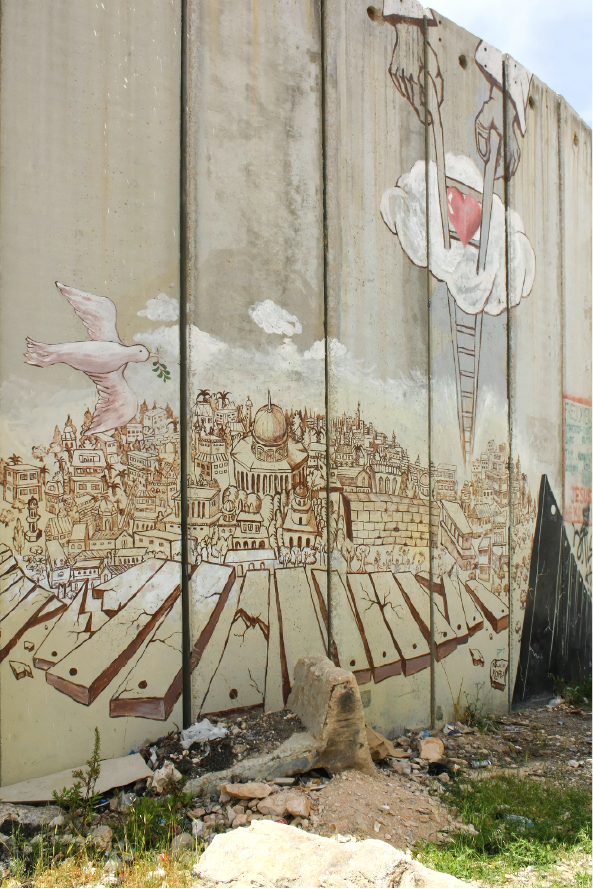
Photo/Ryan Rodrick Beiler
The government must now make clear publicly to Israel that any annexation will have severe consequences including sanctions. Words are not enough: Prime Minister Netanyahu has ignored our words. We need to prevent his government from setting this alarmingly dangerous precedent in international relations.
127 British politicians from all parties – former cabinet members, ministers and diplomats, in a letter to the British Prime Minister and the Foreign Secretary, 1 May 2020
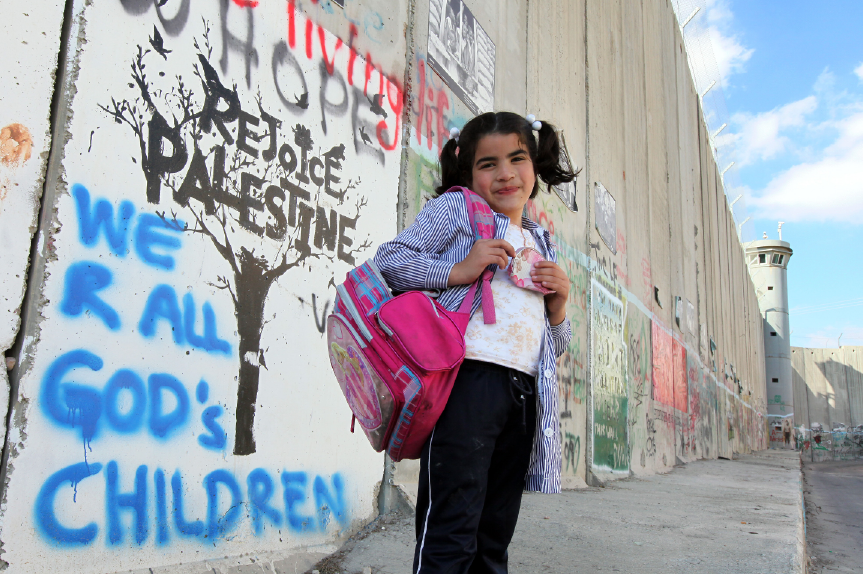
Photo/Friedrich Stark
The current government, led by Benjamin Netanyahu, took office on March 31, 2009. In the period since, its policies and actions in the West Bank and East Jerusalem disclose a clear intention to use settlements to systematically undermine and render impossible a realistic, viable two-state solution to the Israeli-Palestinian conflict.
Peace Now, 16 January 2013
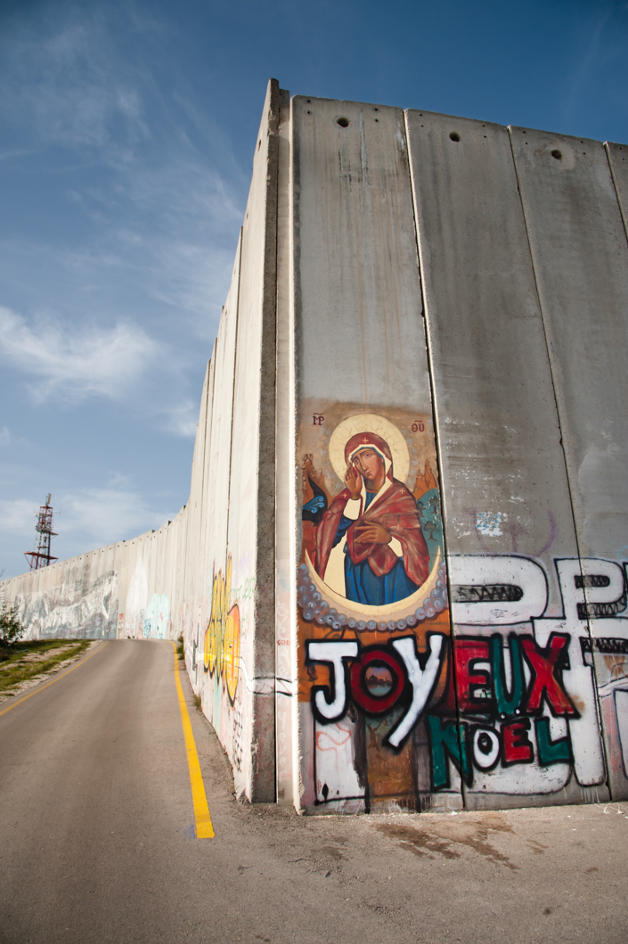
Photo/Ryan Rodrick Beiler
We have forgotten that we have not come to an empty land to inherit it, but we have come to conquer a country from people inhabiting it, that governs it by the virtue of its language and savage culture.
Moshe Sharett, 1914, he later became
second Prime Minister of Israel
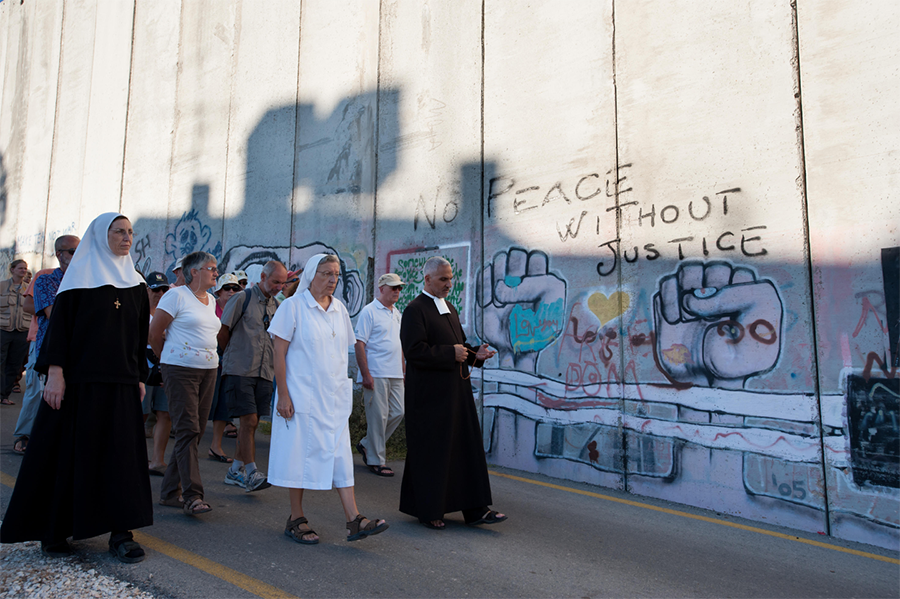
Photo/Ryan Rodrick Beiler
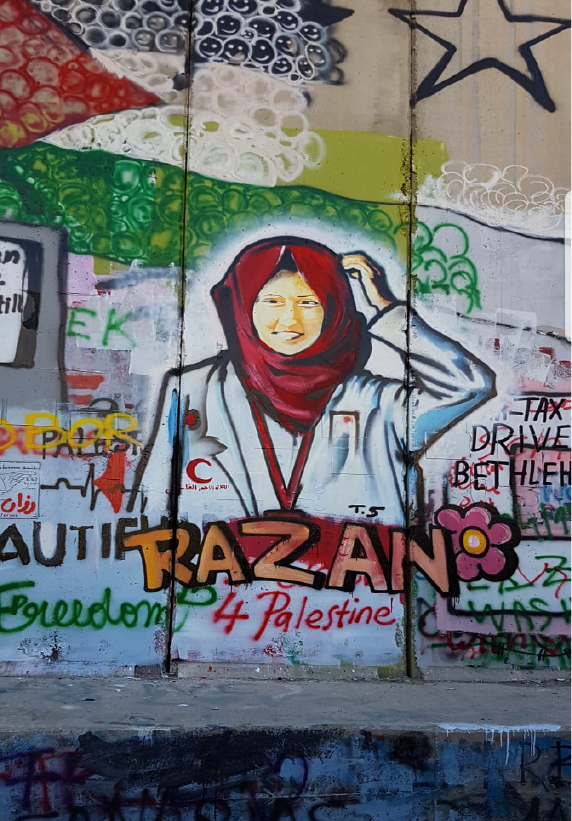
Photographer & Artist/Taqi Spateen
As Israel seeks to premise its annexationist claims on its desire to perpetuate unlawful settlement, it is today incumbent upon the international community to ensure respect for two of the basic principles of international law of which annexation is a clear violation, namely the prohibition on the acquisition of territory as a result of the use of force, and the right to self-determination. To fail in this obligation is to legitimise colonialism, consolidate apartheid, and to fatally undermine efforts at securing enjoyment of human rights through the rule of law.
Al-Haq Palestinian human rights NGO, in open letter to UN Security Council, 23 April 2020
This exhibit was launched in November 2020

